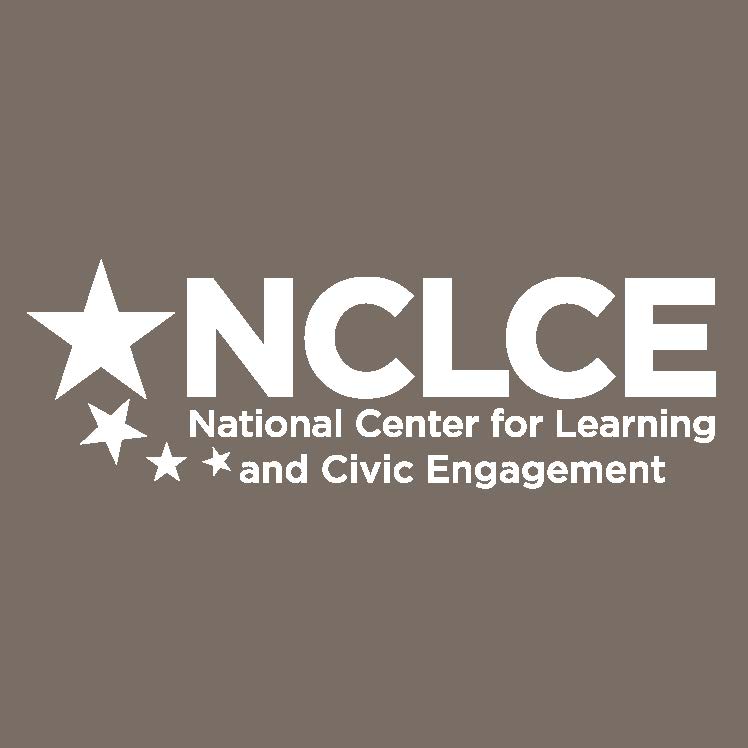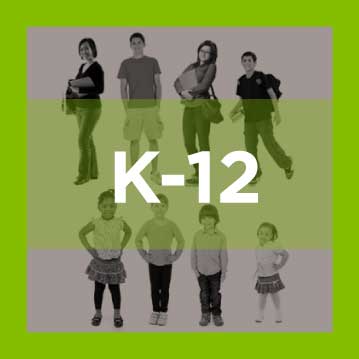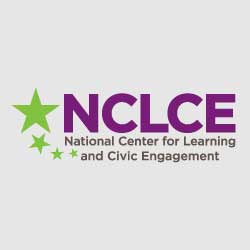A vibrant democracy depends on the informed and active participation of citizens. A dedicated group of Colorado high school students did their part for democracy by conducting voter registration efforts at their schools this year. 90 percent of Colorado’s Eaglecrest High School and 96 percent of Yuma High School seniors either registered to vote or signed a pledge to vote in the next election, earning them the Eliza Pickrell Routt Award from Colorado’s Secretary of State’s Office. Eliza Pickerall Routt was Colorado’s first First Lady and, as a fierce advocate for women’s suffrage, the first woman registered to vote in Colorado. The newly established award honors her legacy and is given to Colorado schools in which student leaders register 85 percent of eligible seniors to vote. Colorado allows students to pre-register to vote beginning at age 16.
Colorado’s Eliza Pickerall Routt Award is one example of state efforts to incentivize and recognize civic learning and engagement achievements within schools. The new Colorado award was inspired by West Virginia’s Jennings Randolph Award which recognizes schools in which 100 percent of eligible students are registered to vote. Recognition awards and designations offer states a way to promote civic learning and engagement without establishing policy requirements. States have created a variety of awards to honor schools and individual students who meet established measures of effective civic learning, student engagement or voter registration. Student civic proficiency is typically not reflected in school accountability “report cards,” so recognition awards allows schools distinction for strong civic learning and their commitment to develop active citizens.
California’s Civic Learning Award celebrates “schools’ efforts to engage students in civic learning and identifies effective and replicable civic learning models in California.” For many states, the civic recognition program incentivizes use of six proven practices for civic learning: classroom instruction in civics and government, history, economics, geography, law and democracy; service learning linked to classroom learning; experiential learning; learning through participation in models and simulations of democratic processes and procedures; guided classroom discussion of current issues and events; and meaningful participation in school governance. The Arizona Department of Education recognized 32 schools this year with an Excellence in Civic Engagement designation based on use of the six proven practices, which are also the basis for the Democracy School recognition in Illinois.
A dozen states have adopted the Civic Education Initiative legislation requiring students to complete a civics test with questions drawn from the U.S. Citizenship test – and several have paired the requirement with civic achievement incentives. Tennessee created the United States Civics All-Star School recognition for schools in which all students in the senior class pass the new civics test. New Hampshire’s legislature included a Civic Competency recognition certificate to be awarded by school districts to students who attain a passing grade on the competency assessment.
Virginia students are eligible for a special Excellence in Civics Education Seal of Achievement on their diploma, through a program established by the state board of education. To be eligible, students must complete 50 hours of voluntary community service with a civics focus, ranging from a government internship to participation in political campaigns or model general assembly.
The goal must be to “not only register students to vote, but also educate them on the importance of voting and our country's electoral and political systems," according to Inspire Colorado, the nonprofit organization that supported student voter registration efforts at Eaglecrest and Yuma High Schools. Civic learning and engagement awards and recognition programs are another tool for state policymakers to incentivize the civic knowledge, skills and dispositions that will allow the next generation to effectively participate in our democracy.






